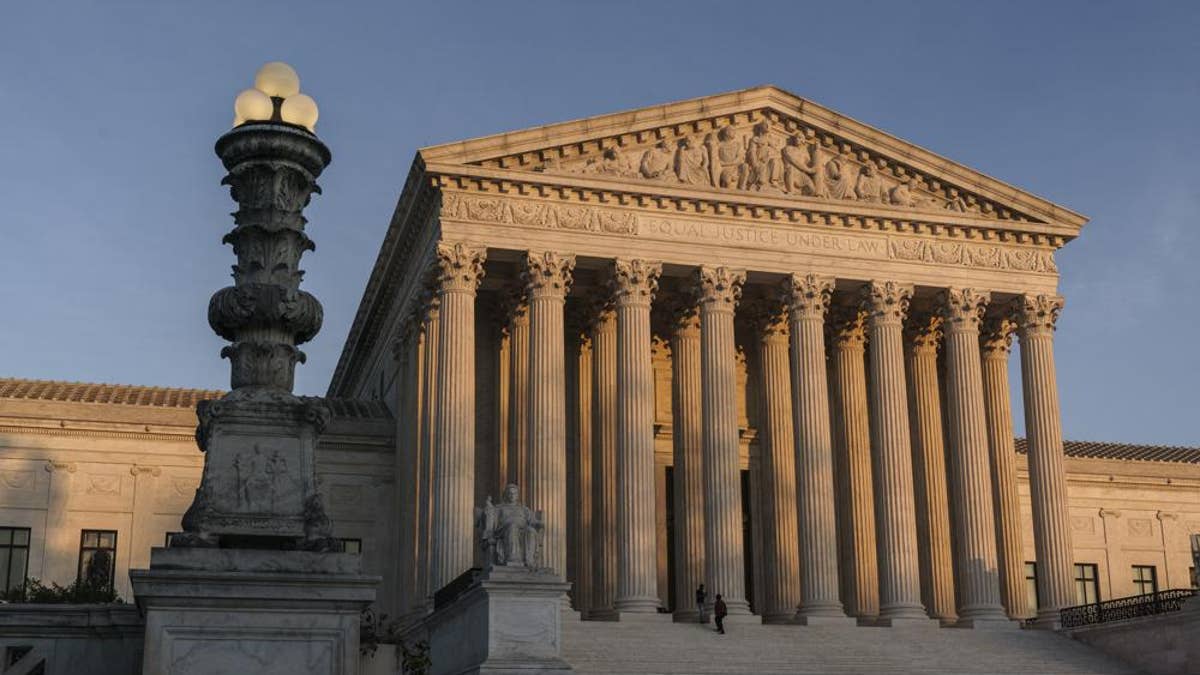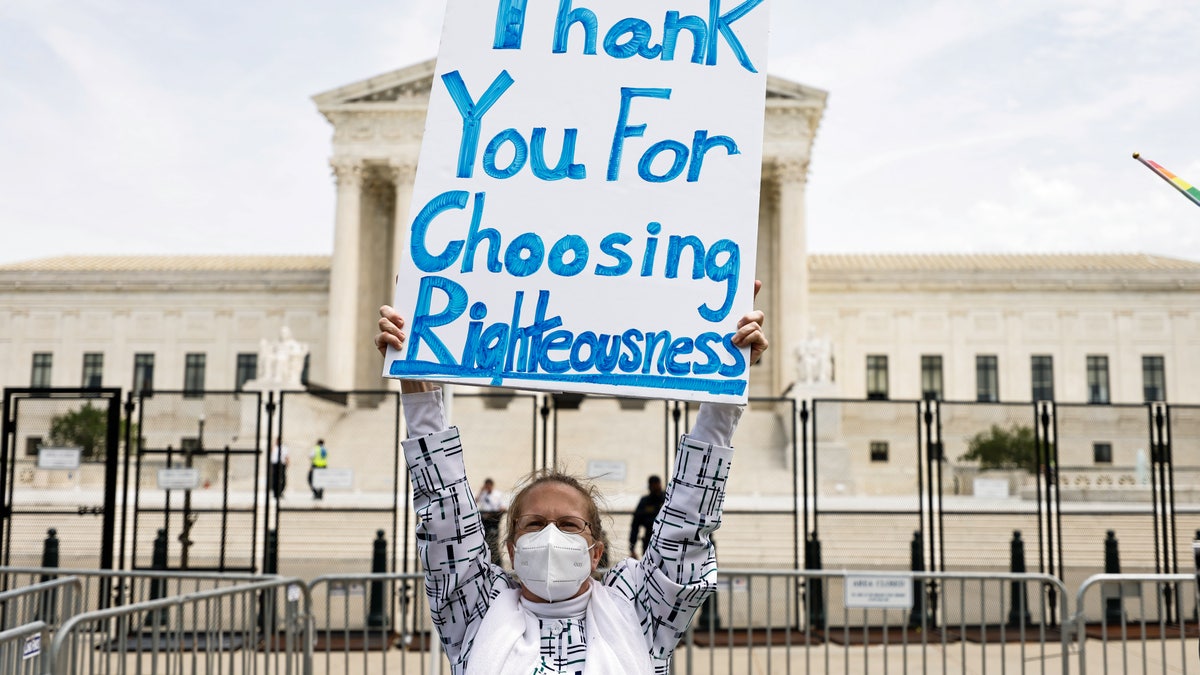Supreme Court rules on religious school tuition assistance
Fox News senior national correspondent Rich Edson reports on Tuesday's Supreme Court ruling in favor of First Amendment rights for tuition subsidies in schools on 'Special Report.'
Some journalists reacted with outrage to the Supreme Court’s ruling Tuesday siding with the rights of religious schools, by accusing the high court of being run by "theocrats" and "Christian nationalists."
In a 6-3 decision, the Court ruled in Carson v. Makin that the state of Maine had violated the free exercise of religion clause in the First Amendment for religious schools, by exempting them from their tuition assistance program.
The decision broke down on ideological lines, with Justice Sotomayor blasting it as "dismantling" the separation of church and state, while Chief Justice John Roberts accused the state of "discriminating" against religion.

The Supreme Court (AP Photo/J. Scott Applewhite, File)
Several journalists and media pundits agreed with Sotomayor and took their more extreme takes to Twitter.
Washington Post columnist Jennifer Rubin bashed the Court's ruling as "prime Christian Nationalist stuff."
Slate senior writer Mark Joseph Stern blasted the Court’s decision to uphold the rights of religious schools as "breathtakingly radical."
Justice correspondent for The Nation and frequent MSNBC guest Elie Mystal touted Justice Sotomayor's warning that the ruling made the separation of church and state a constitutional violation.

WASHINGTON D.C. - JUNE 21: Demonstrators outside the Supreme Court Tuesday ahead of possible announcement on Dobbs v. Jackson (Photo by Joshua Comins/Fox News)
Mystal tweeted, "Separation of church and state is UNCONSTITUTIONAL now, according to theocrats."
CNN WORRIES SUPREME COURT RULING IN FAVOR OF RELIGIOUS SCHOOLS ‘ERODES’ ESTABLISHMENT CLAUSE
NBC's "Today" show reporter Danielle Campoamor also tweeted that Justice Sotomayor's warning was "chilling."
CLICK HERE TO GET THE FOX NEWS APP
Although the phrase "separation of church and state" is often used interchangeably to mean the Establishment Clause in the First Amendment, the phrase is not actually written in the Constitution and is frequently misinterpreted.
